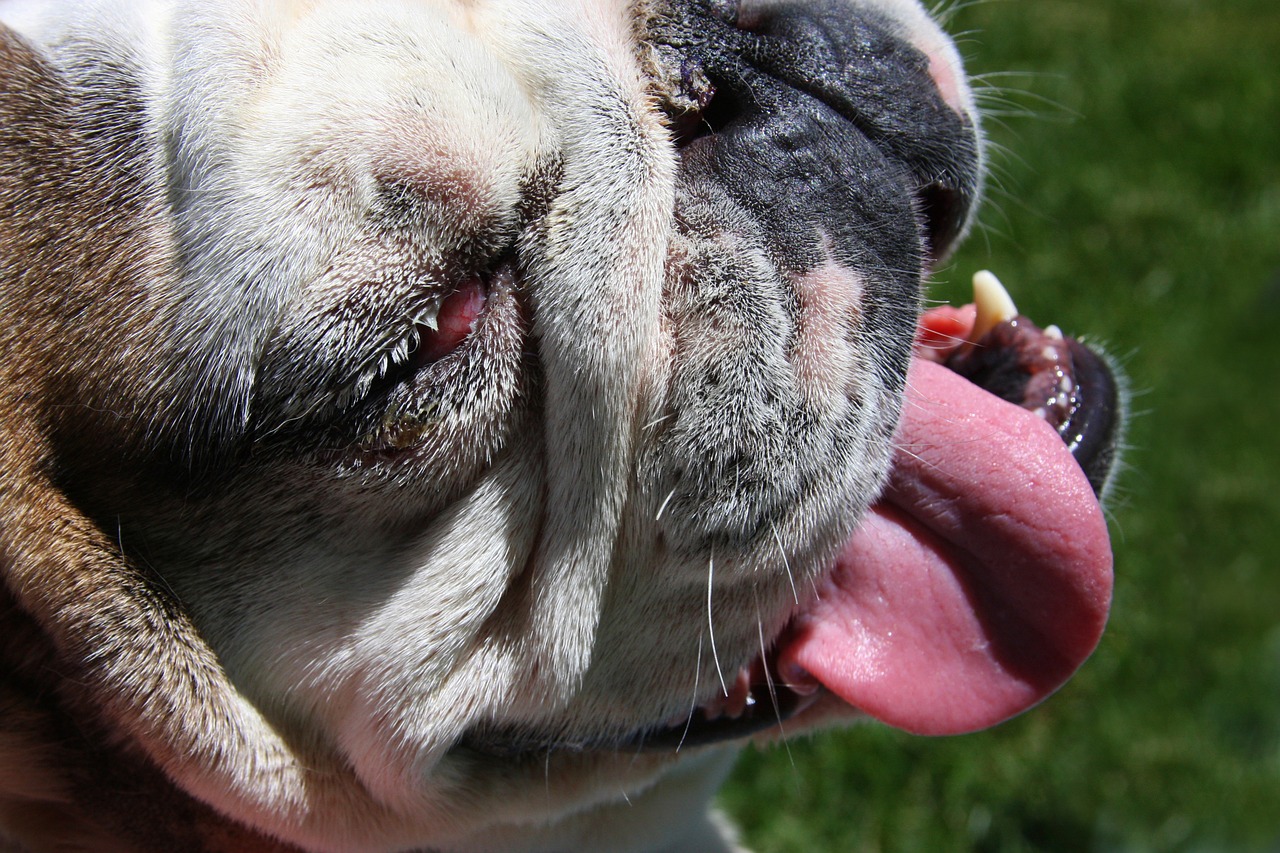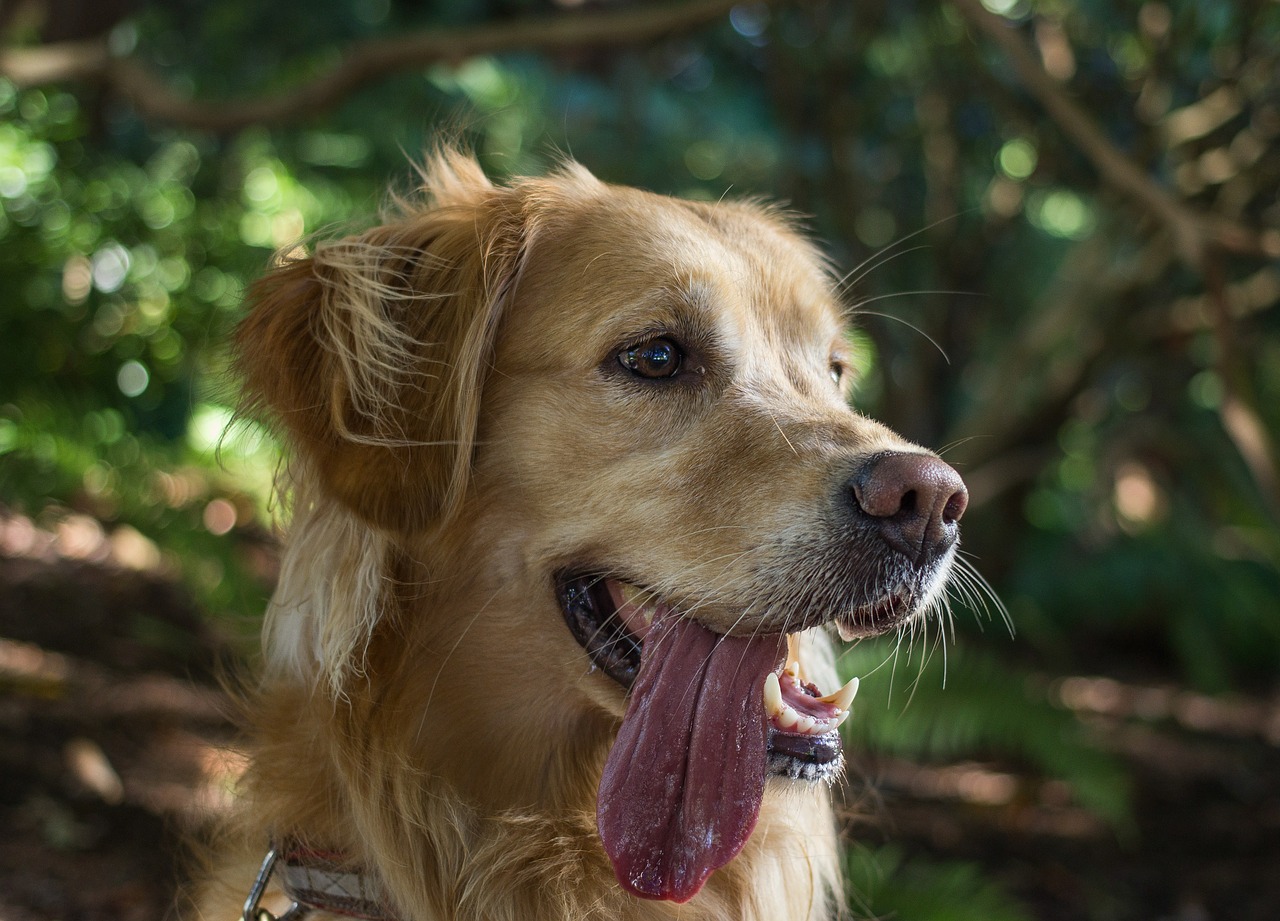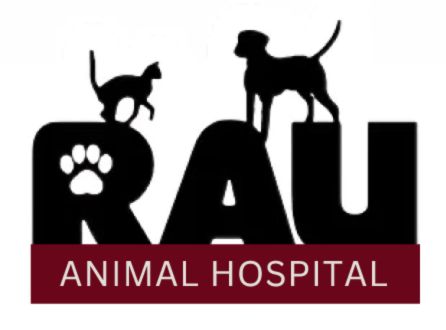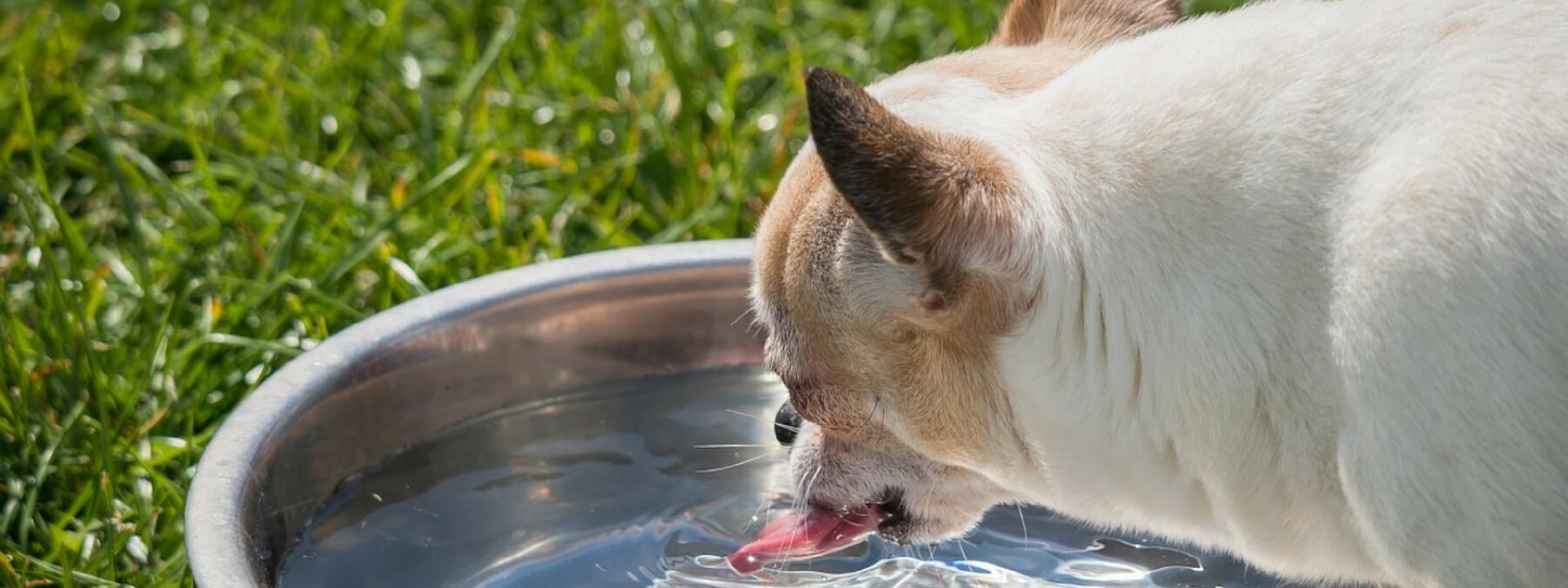Every year as the weather heats up, so does a widely-spread warning about the dangers of giving dogs ice water.
This well-intentioned rumor, which claims ice water causes bloat, has been circulating the internet for years. Fortunately, it’s just that—a rumor!
We want to take the opportunity to set the record straight for concerned pet parents and help stop this belief in its tracks.

Our doctors have never seen any documentation to support the idea that ice water causes bloat. In fact, frozen treats and toys are often considered a great way to help keep dogs cool and comfortable during the summer months, a time when more common emergencies, such as heat stroke, are likely to arise.
That said, there are a few things to keep in mind:
Allowing a dog to chew items harder than his/her teeth—including ice cubes—can lead to dental fractures.
Ice should also be avoided in a heat stroke emergency, as it is possible to cool the dog down too much and cause hypothermia. If overheating occurs, it is better to spray the dog down or place him/her in a tub of cool water and seek immediate veterinary care.
So, what is bloat and what actually causes it?
 Bloat is a generic term that most commonly refers to gastric dilatation and volvulus, or GDV. This life-threatening condition occurs when a dog’s stomach twists and becomes distended, resulting in shock or even death.
Bloat is a generic term that most commonly refers to gastric dilatation and volvulus, or GDV. This life-threatening condition occurs when a dog’s stomach twists and becomes distended, resulting in shock or even death.
Dilatation itself means that the stomach is distended, but is located in its correct place in the abdomen and has not twisted. Volvulus indicates that dilatation has occurred in conjunction with torsion, or twisting of the stomach.
Symptoms include:
Restlessness
Pacing
Salivation
Unproductive attempts to vomit
Abdominal distension and/or discomfort
Lethargy
Stiff gait
Rapid or labored breathing
Weakness
Collapse
Bloat almost always occurs in large, deep-chested breeds, like Great Danes, German shepherds, Irish setters, Labrador retrievers, Weimaraners, standard poodles and boxers, but we are not entirely sure why.
Current theories suggest that bloat develops as a result of drinking too much water or exercising too vigorously immediately after eating. Others suggest that the rhythm of the stomach’s contractions become disrupted, causing air to be trapped and the stomach to twist. However, the truth is that most cases of bloat simply defy a good explanation.
In addition to breed, risk factors may also include genetics and age.

